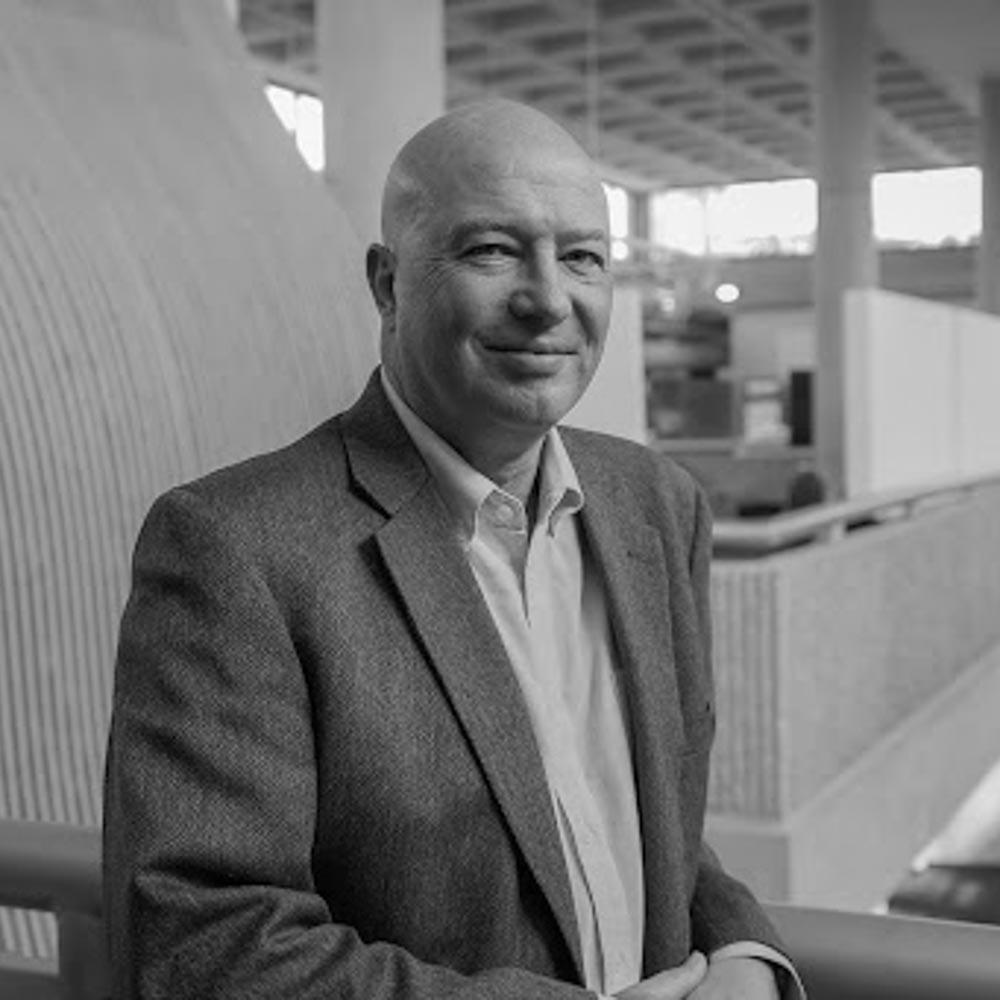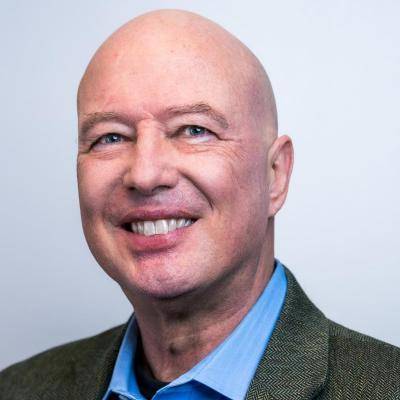At this point it goes without saying that 2020 - 2021 was an academic year unlike any other. As a living laboratory dedicated to fundamental change in education, the Center for 21st Century Universities was perhaps better prepared than most when such change is thrust upon us. Change is a big part of what we do.

For us, the change really began in February of 2020, when our founder, Rich DeMillo, announced that he was stepping down as executive director of C21U. Rich created the center in 2011, and in doing so became a formidable advocate for positive change in higher education. Over the past 10 years, Rich and C21U have been recognized internationally as thought leaders in advancing research, development and implementation of educational technologies, and in designing technology-driven solutions that result in optimal student outcomes through creative institutional change. Rich's vision and leadership brought to life many of the signposts that are guiding us now, such as his leadership with the Commission on Creating the Next in Education (CNE) and its groundbreaking report on the future of higher ed.
We knew we were in for a momentous year when Rich announced that he was stepping down. However, we had no idea of how momentous 2020 would be for reasons outside of what we could have predicted.
When the COVID-19 pandemic struck in March of 2020, Georgia Tech (and most universities), pivoted to emergency remote teaching over the span of about two weeks. (Please note that we are careful not to call it online learning, for the emergency measures we took were in no way indicative of the online courses produced in a typical academic year.) C21U was at the forefront of this pivot and has continued to help lead the Institute as we define the most optimal paths going forward. We quickly realized that we were being given an unprecedented, albeit unwelcome, research opportunity. What happens when an entire university suddenly goes remote?
C21U quickly implemented a research protocol using both qualitative and quantitative methods and we are in the process of publishing our initial results now. In conjunction with Georgia Tech Professional Education and the Center for Teaching and Learning, our team also helped lead the ongoing Remote Teaching Academy for all of the Institute's faculty. At the same time, we began creating new tools to help improve student engagement.
At present, we are keenly focused on student engagement and how we can ensure and improve it. Using some of the big data techniques that we have been pioneering in our VIP classes, C21U has been able to identify students early on who are struggling in the new remote environment. We created a Key Performance Indicator (KPI) tool which allows faculty to gather feedback about student learning in a low stakes/high-frequency manner.
While 2020 - 2021 was a year of inward focus due to the pandemic, we did not forget our broader our focus on improving education as a whole. I officially began my role as interim executive director of C21U in July of 2020 and have been working to balance our internal efforts to support our learners during the pandemic with our broader and external efforts.
We've maintained momentum in larger-scale initiatives, such as our founding membership in the Digital Credentials Consortium, a group of 12 leading universities focused on creating new ways of awarding credit for, sharing, and verifying students’ knowledge, skills, and aptitudes. We were awarded an ongoing NSF grant to apply machine learning and AI to workforce development by matching educational opportunities to needed job skills. We continue to make progress with many of the programs that we envisioned in the CNE report. Of particular note is the GTatrium, a small footprint co- learning space designed to benefit the distributed Georgia Tech community, which received Phase I external funding.
2020 - 2021 was an immense challenge for all. C21U would not have made it through the year without the tireless work of our dedicated faculty, staff, graduate researchers and community. We have learned about massive and rapid shifts in instructional modes, and these lessons will benefit our broader agenda of bringing about positive change in education. We never considered a global pandemic as a driver of change in education, but we have entered 2022 with a fundamentally altered perception of the future of learning and new knowledge of how to serve the Georgia Tech community -- both locally and globally.
Sincerely,
Steve Harmon
Interim Executive Director, C21U
